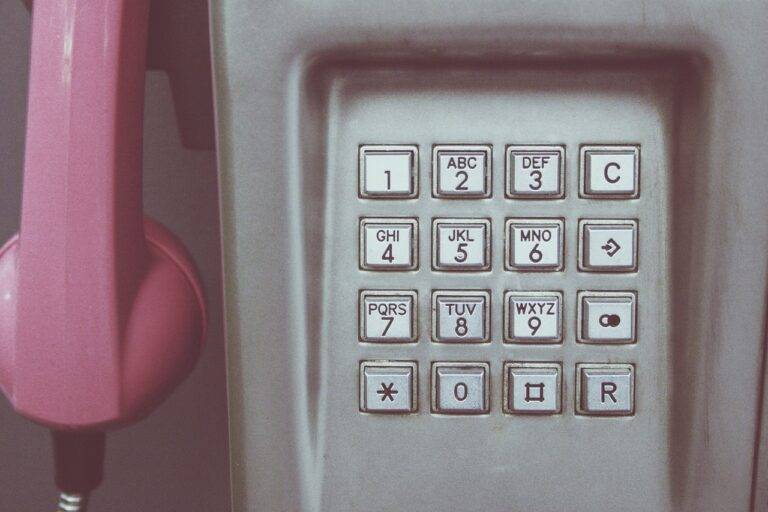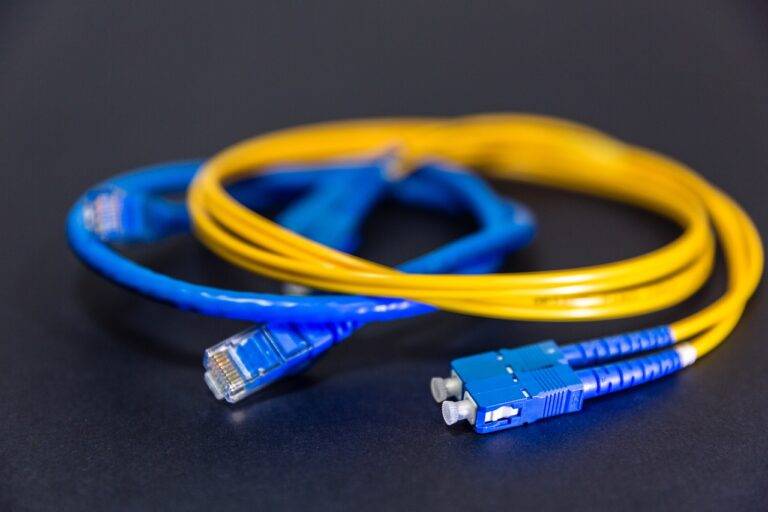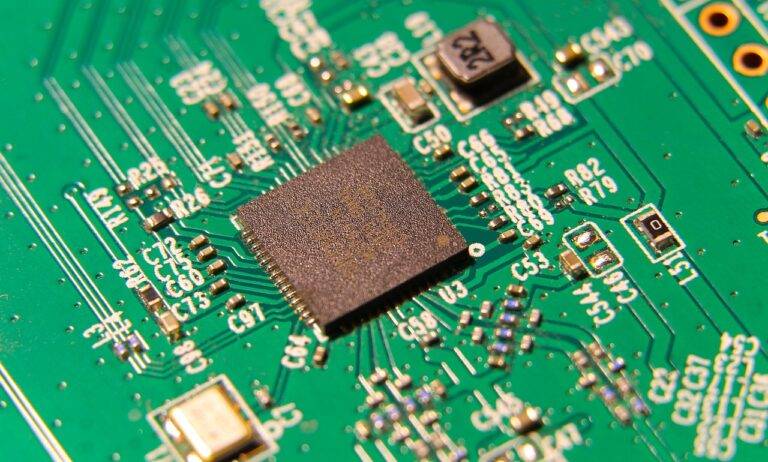The Impact of Blockchain in Sustainable Water Management
Water scarcity is a pressing global issue that continues to impact communities, ecosystems, and industries worldwide. With growing populations, urbanization, and changing climate patterns, the availability of clean and safe water is becoming increasingly limited. This scarcity not only affects basic human needs but also poses significant challenges for agriculture, energy production, and overall economic development.
The implications of water scarcity are far-reaching, leading to conflicts over resources, degradation of water quality, and threats to biodiversity. Lack of access to adequate water supplies hinders social progress, perpetuates poverty cycles, and exacerbates health disparities in vulnerable populations. As we grapple with the complex interplay of factors contributing to water scarcity, it is essential to adopt sustainable water management practices and prioritize conservation efforts to ensure a more secure water future for generations to come.
The Role of Technology in Water Conservation
Technological advancements have played a crucial role in revolutionizing water conservation efforts worldwide. From smart irrigation systems that monitor soil moisture levels to leak detection sensors that help in timely repairs, technology offers innovative solutions for efficient water management. By utilizing data analytics and remote monitoring, water consumption can be optimized and potential wastage identified and mitigated.
Furthermore, the integration of Internet of Things (IoT) devices with water infrastructure allows for real-time tracking of water usage patterns and enables prompt adjustments for conservation. Such technologies not only enhance the sustainability of water resources but also contribute to cost reduction and improved operational efficiency in water management systems across various sectors.
Benefits of Blockchain in Water Management
Blockchain technology offers a promising solution to the challenges faced in water management. By providing a secure and transparent platform for recording water usage data and transactions, blockchain can help prevent fraud, ensure accurate billing, and promote accountability among stakeholders. This can lead to more efficient and sustainable water management practices, ultimately benefiting both consumers and water management authorities.
Another key benefit of blockchain in water management is its ability to facilitate real-time monitoring and tracking of water resources. Through the use of smart contracts and Internet of Things (IoT) devices, water usage can be monitored continuously, enabling proactive measures to be taken to prevent wastage and ensure equitable distribution of water resources. This real-time data can also help in early detection of leaks or contamination, minimizing the potential risks associated with water scarcity and pollution.





